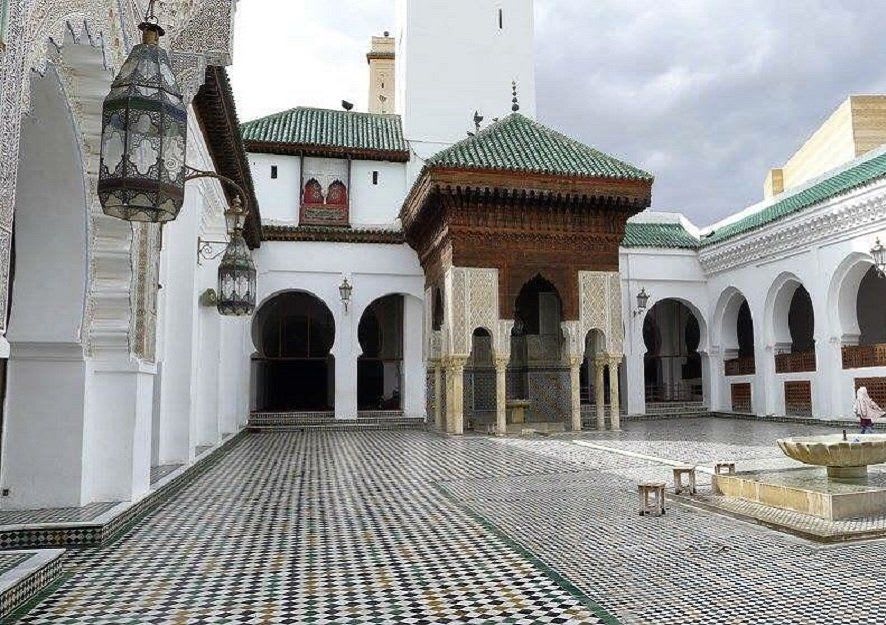The African Continental Free Trade Area (ACFTA) is an agreement among 44 countries by the African Union. The agreement was signed in Kigali, Rwanda, on March 21, 2018. The agreement took 17 years of difficult negotiations. It was born out of the African Continental Free Trade Agreement among 54 of the 55 African Union countries.
Ghana is the secretariat of ACFTA. It has been active since May 30, 2019. It’s borne of the need to eliminate reliance on the West through promoting intra-African trade, incentivizing trade among African countries, and keeping African wealth within the continent.
From the onset, the aim has been to liberalize trade by reducing tariffs and removing trade barriers. Effectively reshaping the economies of participating countries and supporting inclusive economic growth. Overall the agreement has set measures to reduce red tape simplify customs procedures.
The ACFTA will create the world's largest trading block, with almost $1.3bn people across 54 African countries. It is estimated to generate a combined GDP of $3.4 trillion. The World Bank Report confirmed that the agreement would lead to a 10% increase in wages of skilled and non-skilled workers. Furthermore, the calculated growth is expected to lift 68 million people out of poverty.
The trade agreement is projected to boost Africa's income by $450 billion by 2035 (a gain of 7%) while adding $76 billion to the income of the rest of the world. Cote d'Ivoire, Zimbabwe, and Kenya are some of the countries expected to record significant income gains significantly by the year 2035.
Intra-African trade is currently low at 14.4% of total African exports. It is comprised of 61% processed and semi-processed goods. Informal cross-border trade is responsible for the large percentage of trade flows in most African countries. The current agreement requires signatories to remove tariffs from 90% of goods, allowing free access to some commodities, goods, and services across the continent.
However, it will be unfair to expect the ACFTA to turn around African economies single-handedly. Free trade alone will not support economic growth; a lot needs to be dealt with, such as lawlessness, corruption, and poor infrastructure.
Free trade alone will not support economic growth if it’s not credible and valuable trade. Most of the resources that African countries export usually are raw materials. Value addition is an important system that Africa needs to invest in and scale up production to meet the demands of consumers.
Moreover, transport infrastructure facilitates trade; Africa is still lagging in efficient and affordable transport infrastructure. Cutting tariffs may not be the only problem hindering the growth of African countries' economies.
Africa Free Trade Area agreement is ideal for boosting intra-trade in Africa. However, a lot of work has to be done.





